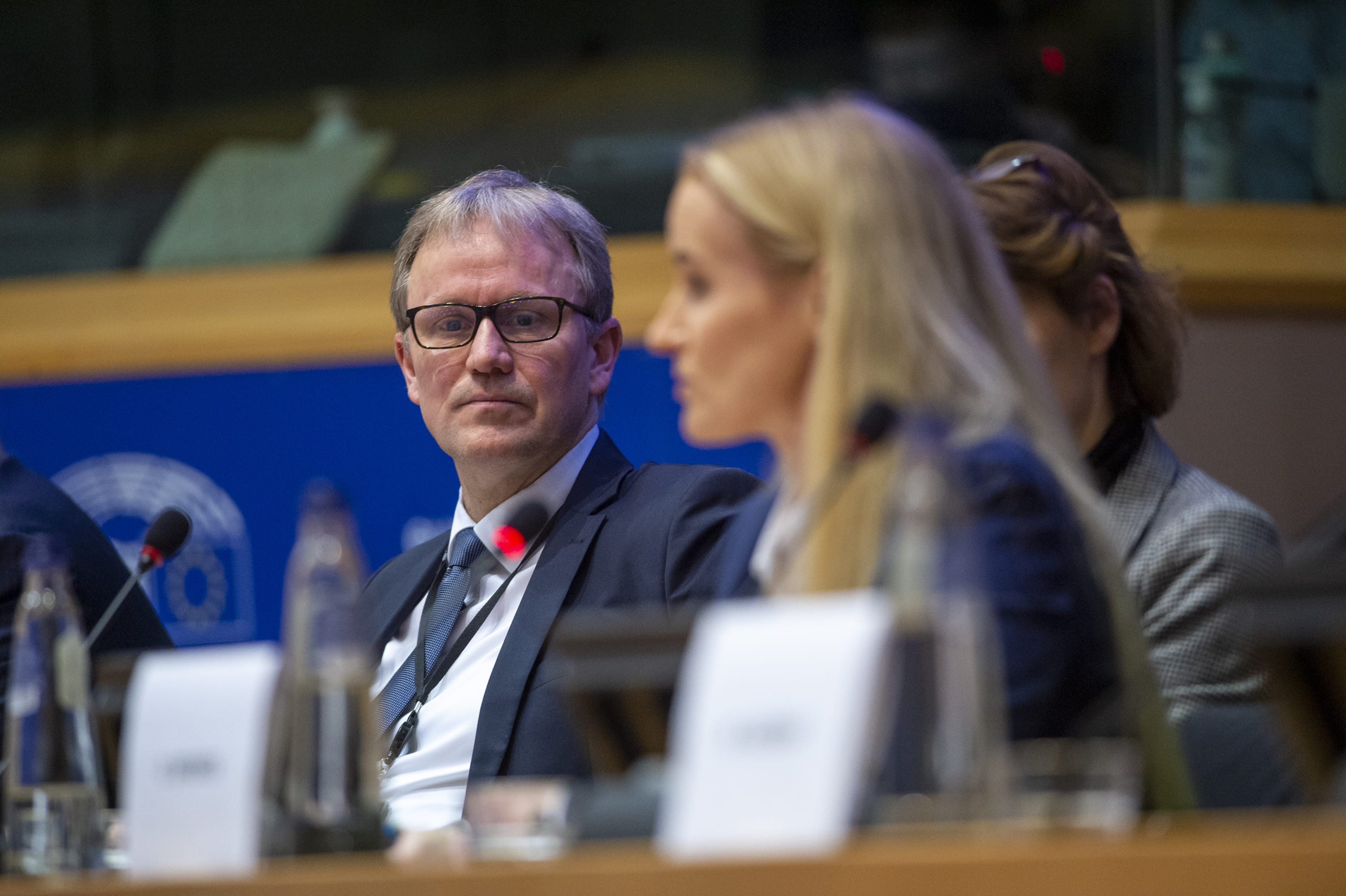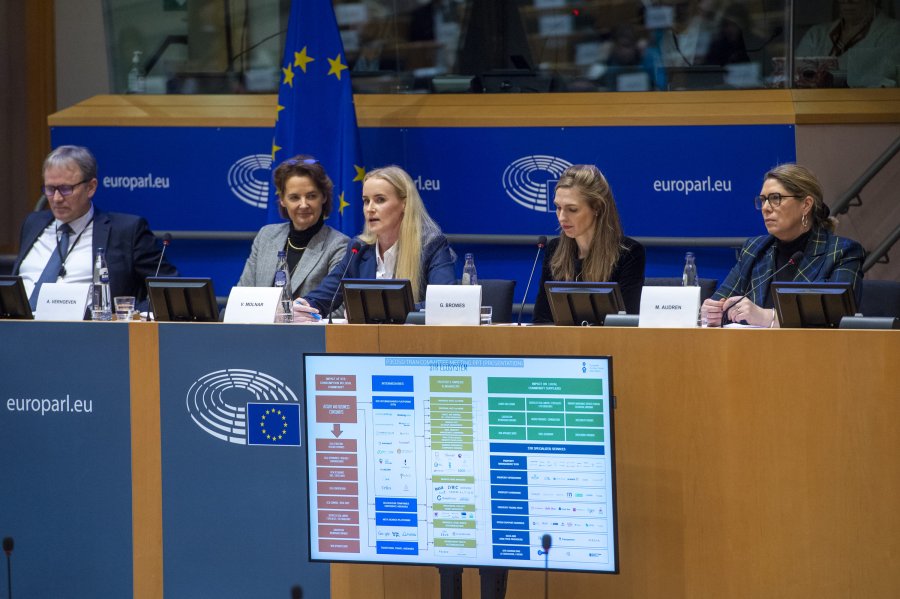The European Parliament and the Council have reached an agreement on the regulation of short-term rentals. The aim is to increase transparency in the sector and establish clear rules for hosts and platforms regarding the collection and exchange of data.
On 16 November, the European Parliament and the Council reached a provisional agreement on the draft regulation for the collection and exchange of short-term rental data. The objective is to promote a balanced tourism ecosystem within the European Union and enhance transparency in this activity.
The new rules include the issuance of a unique registration number to be displayed on property websites. This aims to improve the collection and exchange of data between hosts and online platforms.
This registry will provide key information to authorities seeking to address the impact of short-term rentals on local communities. An initiative of major relevance considering that such rentals make up a quarter of tourist accommodation in the EU.
Measures to regularise the sector
The proposed regulation on short-term rentals aims to implement measures focused on three key points.
Firstly, the agreement seeks a simpler form of online registration, either free or with a proportional cost, for short-term rental properties in EU countries requiring it. Once the process is completed, hosts will receive a registration number allowing them to rent their property, enabling the relevant authorities to know the host's identity and verify their information.
Additionally, the proposed new regulation aims to make rental services safer. Online platforms will need to ensure that the host's registration number allows users to identify the property in the listing and that the information is reliable and complete. Authorities will have the power to suspend registration numbers, demand the removal of illegal listings, or impose sanctions on platforms and hosts not complying with the regulations.
Finally, regarding data transmission, member states will establish a single digital entry point to receive data from platforms on host activities.
All these measures will enhance transparency in the short-term accommodation rental sector, thereby increasing the trust of travellers.
Furthermore, the data collected will be used to help design tourism policies. This will ensure social and environmental sustainability while simultaneously helping to monitor illegal activities.
After its entry into force, member states will have 24 months to adapt their registration systems and create the necessary IT infrastructure.
Renting apartments, houses, or rooms for short periods has become a common form of accommodation for tourists and travellers, driven by online platforms such as Airbnb, Booking, TripAdvisor, and Expedia.
While these tourist rentals bring benefits to hosts, tourists, and some destinations, the rise of this phenomenon also raises concerns for local communities. It puts pressure on certain neighbourhoods, affects prices, and leads to a lack of affordable housing. Moreover, it may represent unfair competition for regulated establishments. Undesirable consequences that the new European regulation aims to address.








